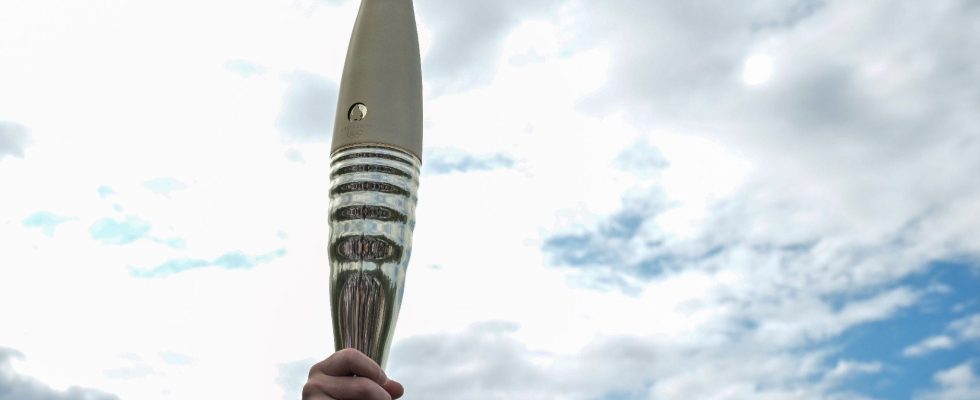It is the story of two irreconcilable visions. On the one hand, that supported by the French departments with limited financial means and on the other, that defended by the Olympic authorities, for whom the Games can only be a source of happiness and opportunities. Originally, the organizing committee thought they had found the right formula. “We had a budget allowing us to pass the flame through 40 territories. By discussing with the Association of French Departments, we had the idea of asking the departments for 180,000 euros to have more areas crossed,” says Grégory Murac, deputy director of the Paris 2024 Torch Relay.
But in around thirty departments, this proposal, presented as an exceptional opportunity, did not receive the welcome hoped for. Too expensive, not fair enough, too vague… Several months after the presentation of the system, certain elected officials continue to express their disappointment or even their incomprehension. “I would have liked the flame to come to us. But 180,000 euros is half of my budget devoted to sporting events,” explains Ludovic Gouyette, vice-president of the Côtes d’Armor department and youth delegate. and sports. If I had accepted the passing of the flame, I would have had to tell the organizers of several events that I would only half support them.” Unthinkable, when the department will host several major disabled sports competitions in 2024.
“The more time passes, the more I tell myself that I made the right decision,” confides Louise Pahun, vice-president of the Loire-Atlantique departmental council, who also refused to pay. Attacked by her political opponents, the elected official had to justify herself several times. But she remains straight in her boots: “I have never had clear answers to my questions. Starting with the simplest: what do the 180,000 euros really correspond to?” “When an association asks me for a subsidy, I ask for a document with detailed costs and revenues,” explains Ludovic Gouyette. “Why is it not possible to have the same details for the flame?” “The contract signed with the departments is nevertheless clear”, wonders Patrick Weiten, president of the Moselle departmental council, vice-president of the Assembly of French Departments (ADF) and member of the board of directors of Cojo. In exchange for payment, the territories can associate and communicate with the torch relay brand, participate in defining the route, select a certain number of torchbearers, appear on our communication platform…”
Uncertain economic benefits
But in practice, this is not always a good deal. “We could only choose 5 flame bearers out of 100. The activities would have led to additional costs with no guarantee of economic benefits,” laments a department president. “We have often compared the passage of the flame to that of the Tour de France, but this is much more economical,” adds Patrick Clastres, professor specializing in the history of sport and the Olympics based in Lausanne. . François Durovray, president of the departmental council of Essonne, confirms. “Thanks to a system of regional solidarity, we will welcome the flame. We were even able to negotiate certain points of the route and, for example, avoid the flame passing in front of the Coca-Cola manufacturing plant located in Grigny. But I don’t expect any economic benefits.”
“The financial balance of the passage of the flame could be achieved without it costing 1 euro to the taxpayer,” regrets Patrick Clastres. After all, the profits made during the Games are considerable for the IOC, in the order of several billion euros. Besides, the real cost of the flame is undoubtedly derisory. “I prefer to pay and control part of the communication than to let Coca-Cola take care of everything,” replies Patrick Weiten. For the record, it is expected that 95% of the costs linked to the organization of the Olympic Games will be borne by private partners. Public money will only account for 5%.” But for some elected officials, this remains 5% too much.
.
